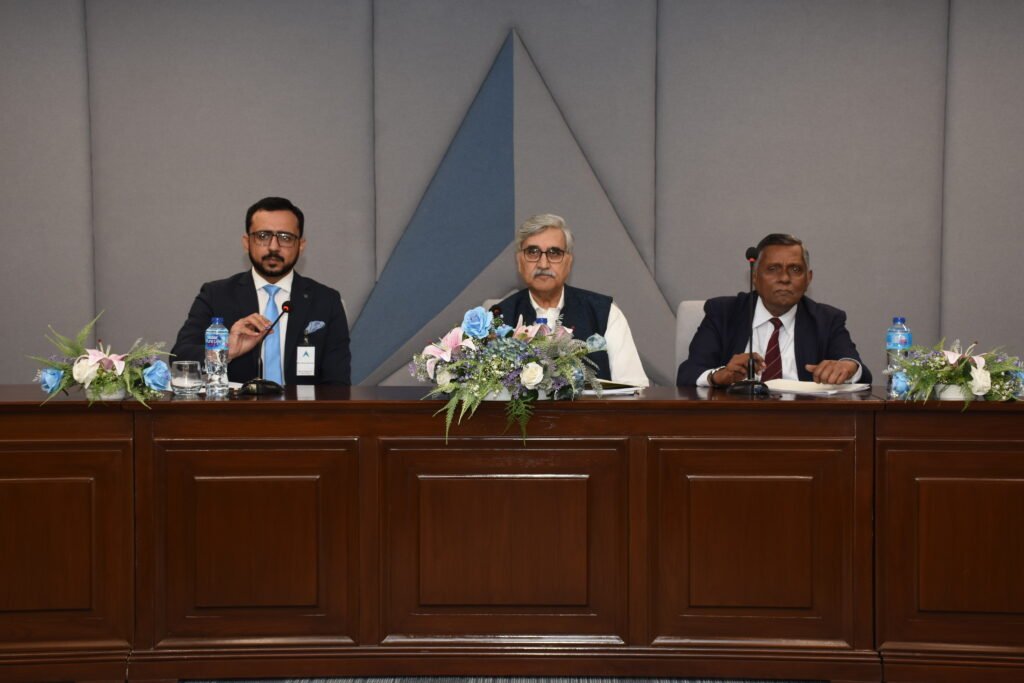
Seminar
Democratic Transition and Political Security: Challenges and Opportunities for Pakistan
Democratic governance and political security are crucial for a nation’s stability and progress. Pakistan’s political landscape has been marked by challenges stemming from political instability and institutional dynamics. Despite these hurdles, the country continues to progress democratically, with successive parliamentary transitions contributing positively to its journey of democratic consolidation.
The interaction between democratic transition and political security in Pakistan is influenced by a range of internal and external factors. Internally, political polarisation, institutional weaknesses, corruption, and socio-economic disparities hinder democratic progress. Externally, evolving regional dynamics and shifts in the global power structure also affect Pakistan’s political security. Given the importance of the issue, it is essential to thoroughly analyse the challenges and opportunities related to democratic transition and political stability.
Against this backdrop, the Centre for Aerospace and Security Studies (CASS), Lahore, is organising a seminar titled, “Democratic Transition and Political Security: Challenges and Opportunities for Pakistan,” to be held on 17 October 2024. The key areas of focus include the historical context of democratic transitions, current political developments, internal and external forces shaping political stability, and pathways to democratic consolidation, with a special emphasis on the role of youth.
The aim of the event is to enhance understanding, identify challenges and opportunities, and provide actionable policy recommendations for strengthening democracy and political security in Pakistan. This understanding is vital for policymakers, academics, and practitioners to address these issues and foster a stable and democratic political environment.
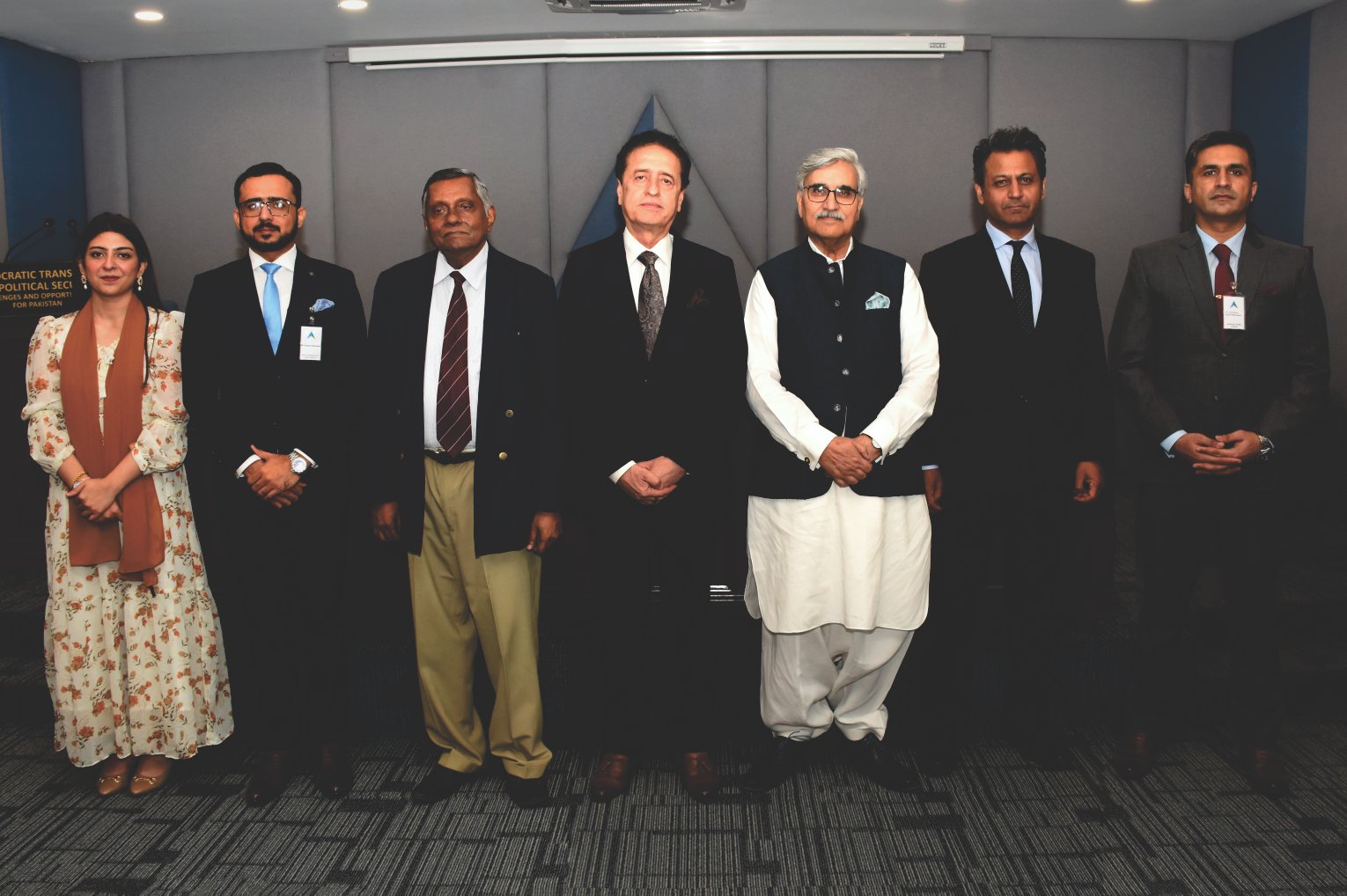
Key Takeaways
Pakistan’s constitution has become a vital national asset, underpinning political security and continuity after a long evolutionary process. The Election Commission of Pakistan (ECP), while subject to performance debates, stands as a structurally robust institution, often outperforming those in more established democracies. However, dynastic politics remain a critical weakness, restricting political inclusivity and reinforcing elite dominance. Digital media has empowered the public but also deepened societal divisions through misinformation and echo chambers. The political landscape is fractured by social polarisation, provincial disparities, generational digital divides, and class-based economic and educational inequalities. Voter preference for traditional politicians focused on short-term development over legislative work highlights the urgent need for political and civic education. Additionally, a clear separation between religious and political identities is essential for participatory governance. Lastly, unresolved issues of provincial autonomy and resource distribution continue to undermine the federation’s stability and effectiveness.
Policy Considerations
To strengthen democratic institutions, political parties in Pakistan must enhance internal democracy and transparency, fostering trust and wider political participation. A unified national strategy is needed to manage digital media, enforce cyber laws, counter misinformation, and prepare for AI’s influence on politics, thereby reducing polarisation. An inter-institutional grand dialogue should be initiated to ensure all state institutions operate within their constitutional limits. Civic and political education, aligned with Quaid-e-Azam’s vision, must be embedded in the national curriculum to promote democracy, human rights, and pluralism. Good governance should be prioritised through sustainable, people-centred policies aimed at economic self-sufficiency and reduced dependency on foreign debt. Combating elitism requires empowering youth by facilitating their inclusion in policymaking and public service to restore trust and reduce brain drain. A dual strategy is essential for internal stability—politically engaging reconcilable groups while dealing firmly with militant elements. Finally, equitable resource distribution across federal, provincial, and local levels is vital for addressing grievances and reinforcing national unity.
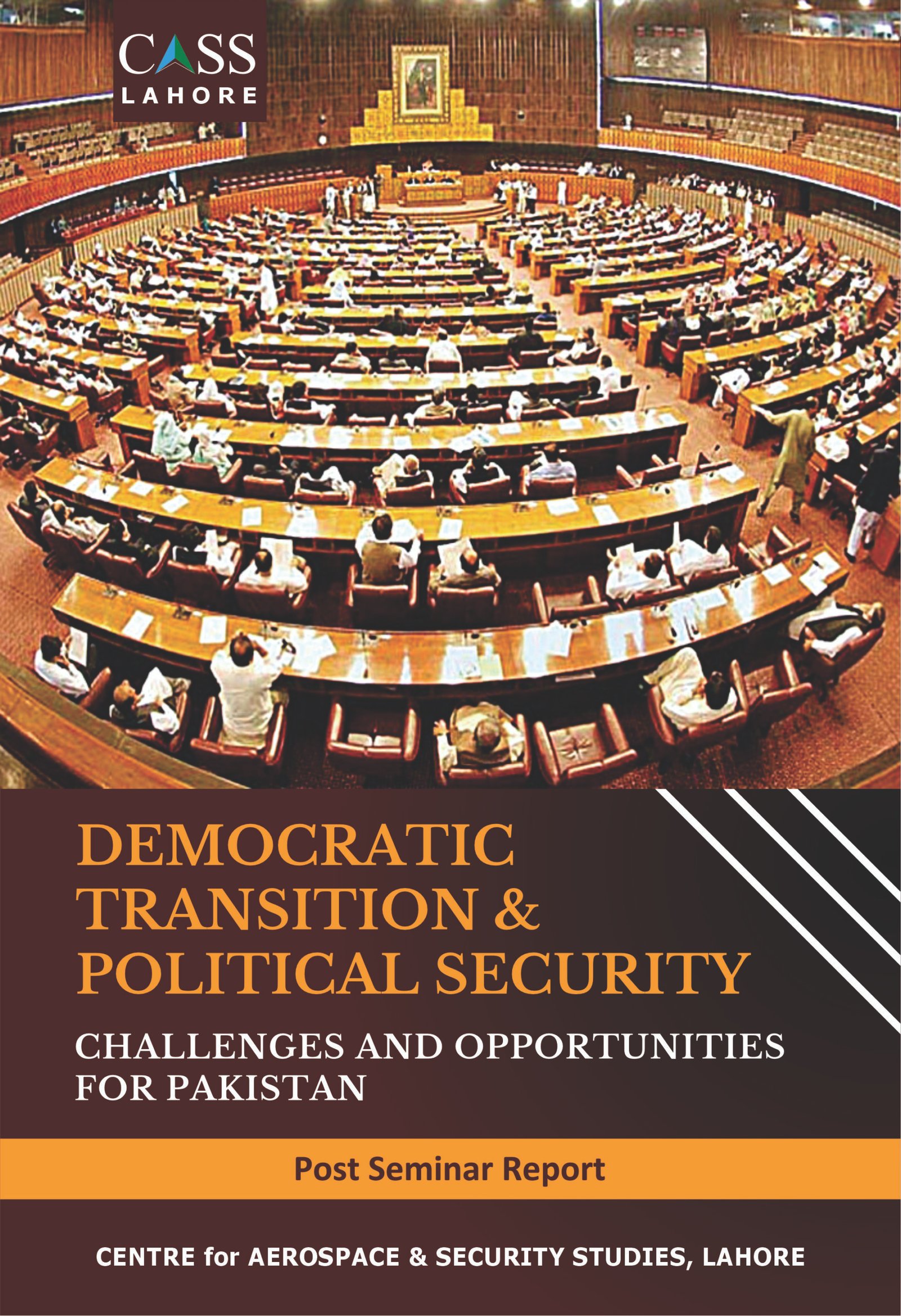
Post Event Report
A comprehensive overview featuring key insights, expert discussions, and strategic takeaways from the event.
Explore speaker highlights, recommendations, media coverage, and event photographs.
Guest Speakers
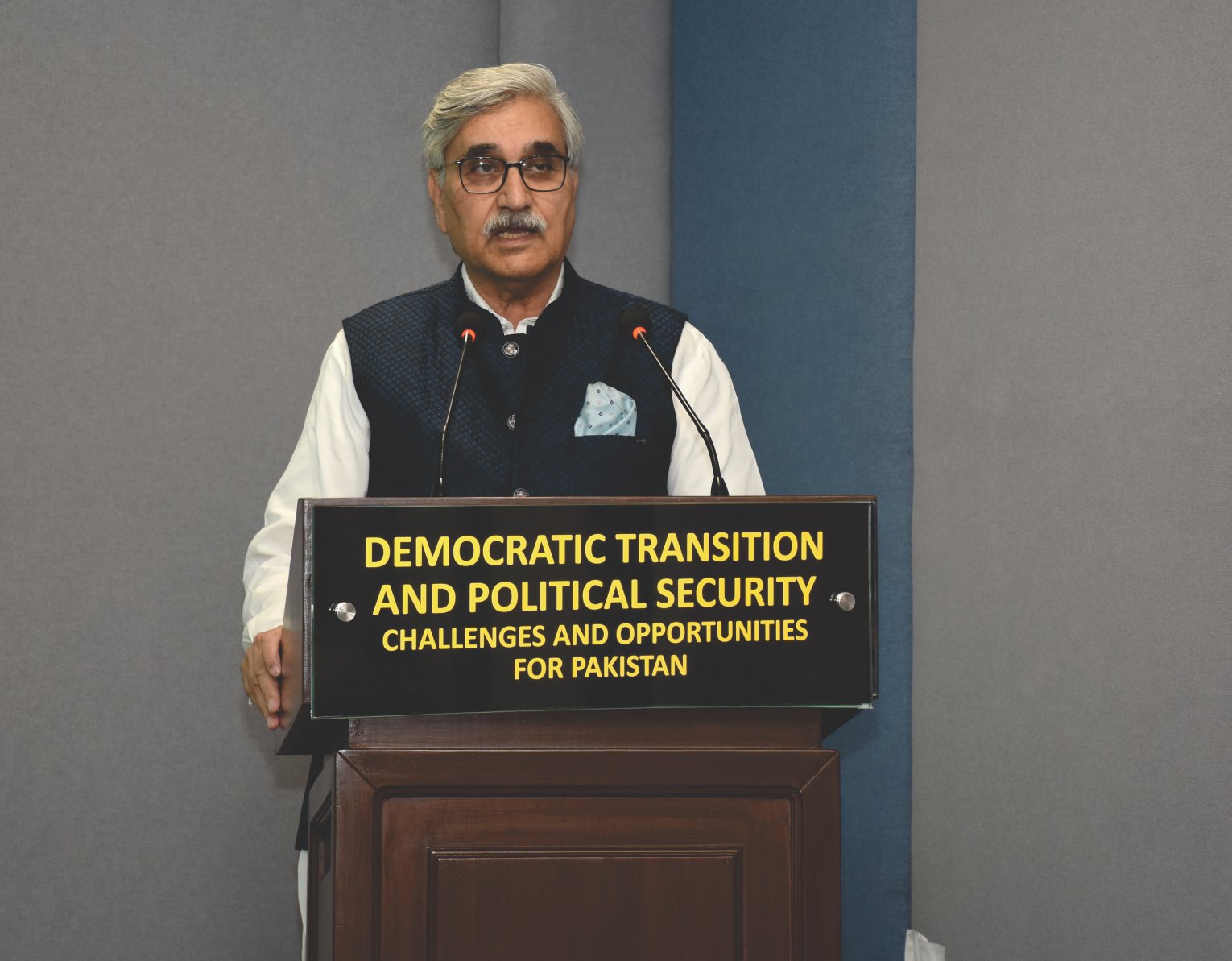
Mr Ahmed Bilal Mehboob
President, Pakistan Institute of Legislative Development and Transparency
Mr Fahad Hussain
President, Aik NewsDigital
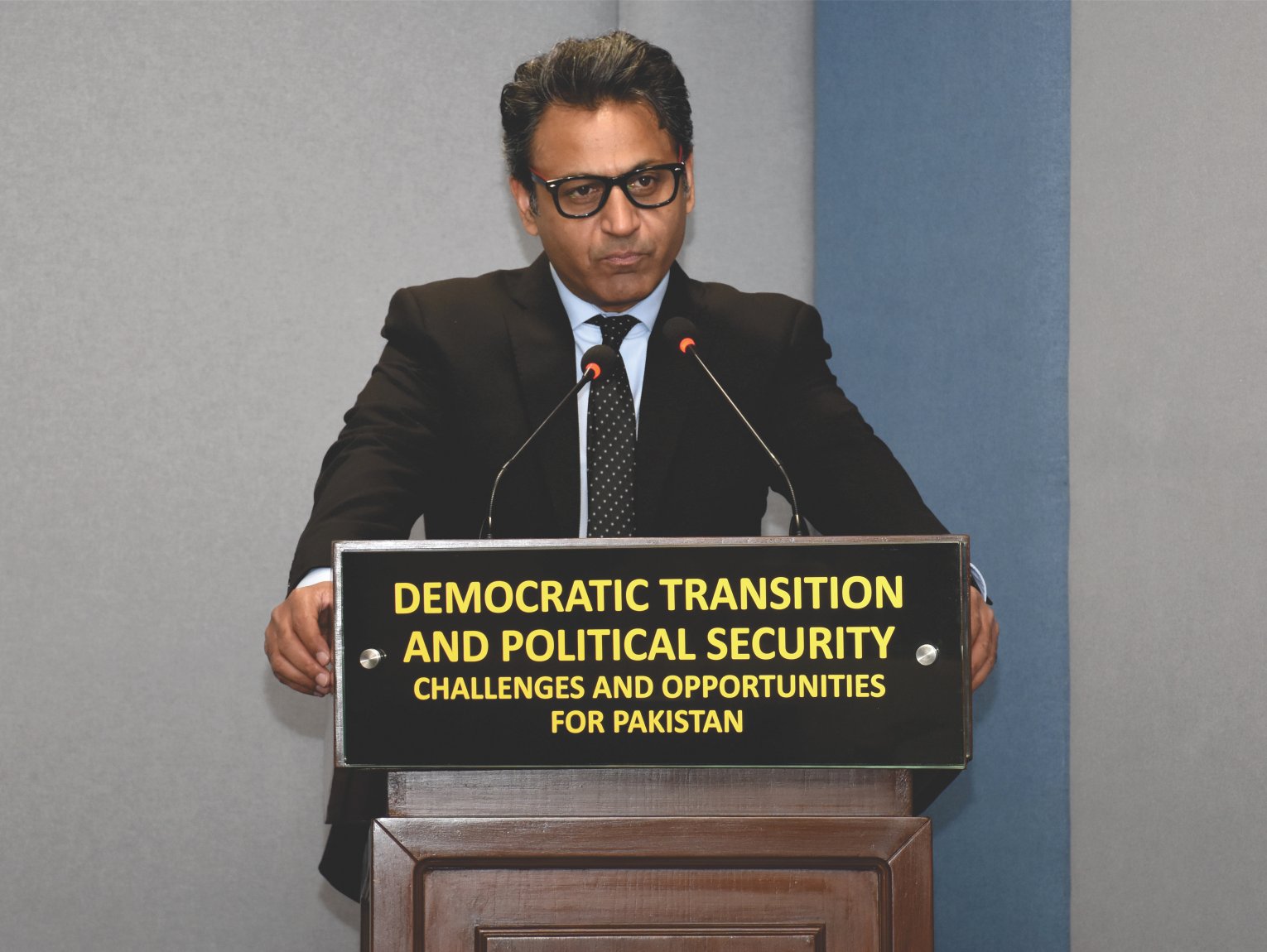
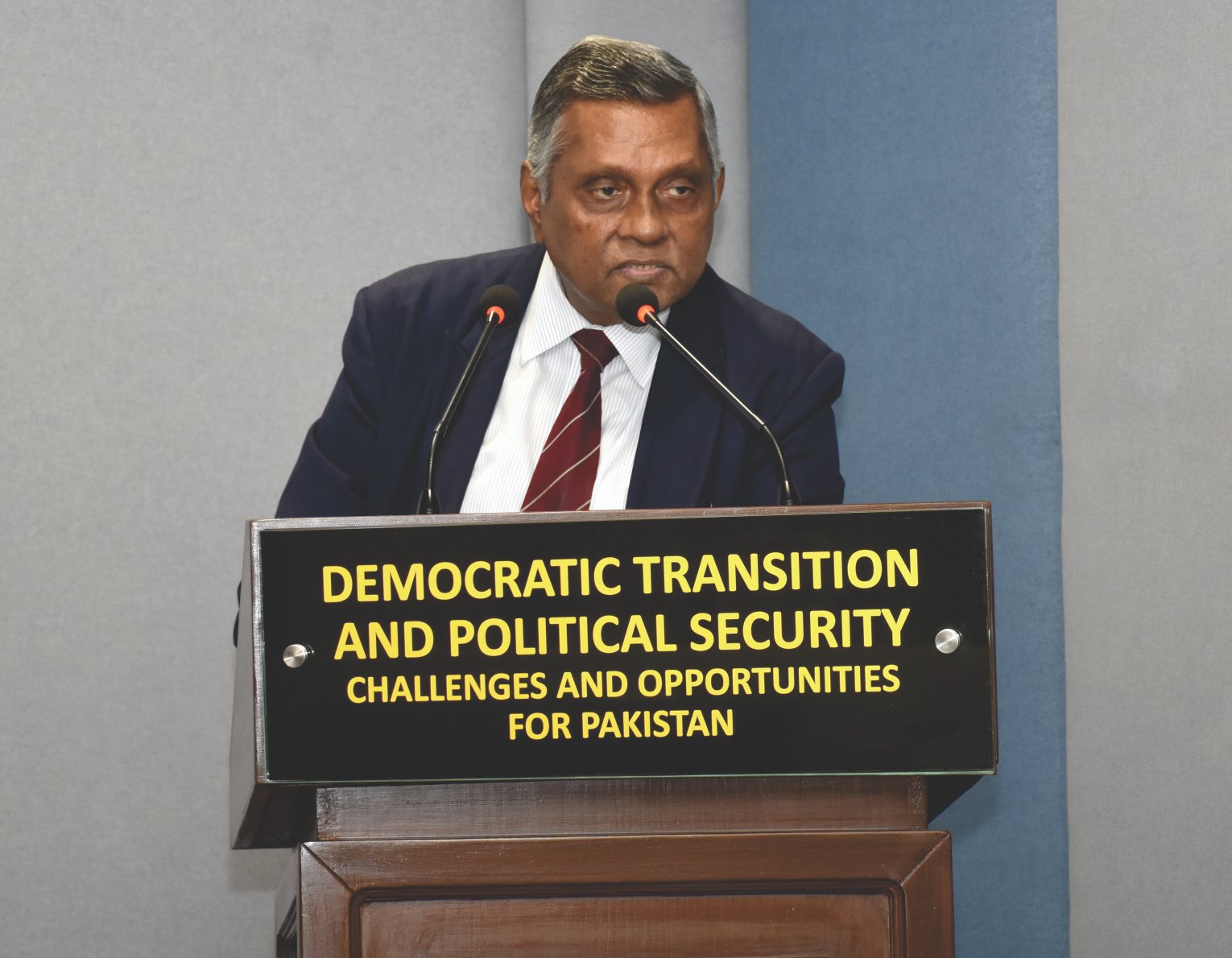
Dr Moonis Ahmar
Meritorious Professor, University of Karachi
CASS Speakers
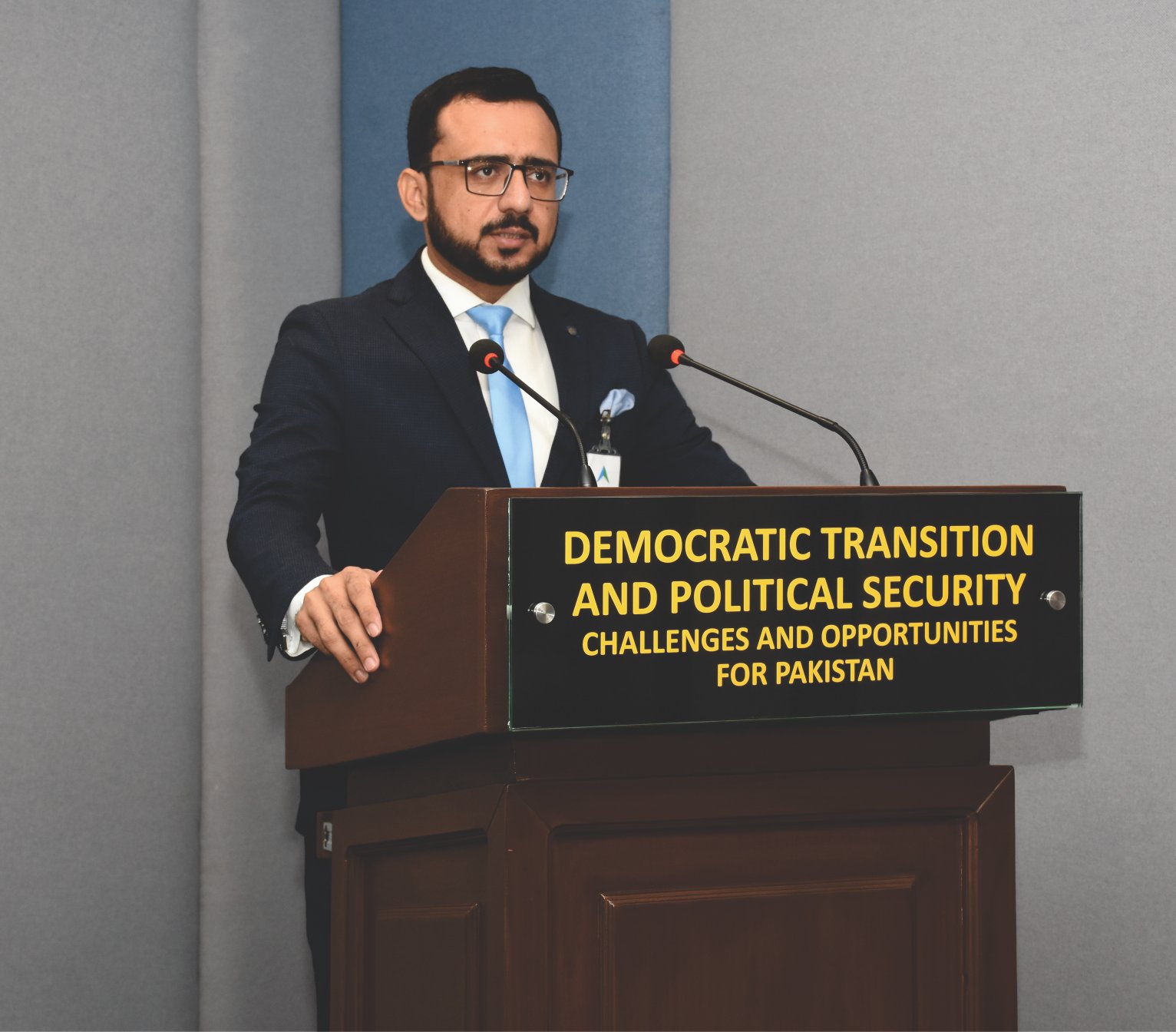
Ameer Abdullah Khan
Senior Researcher, CASS Lahore
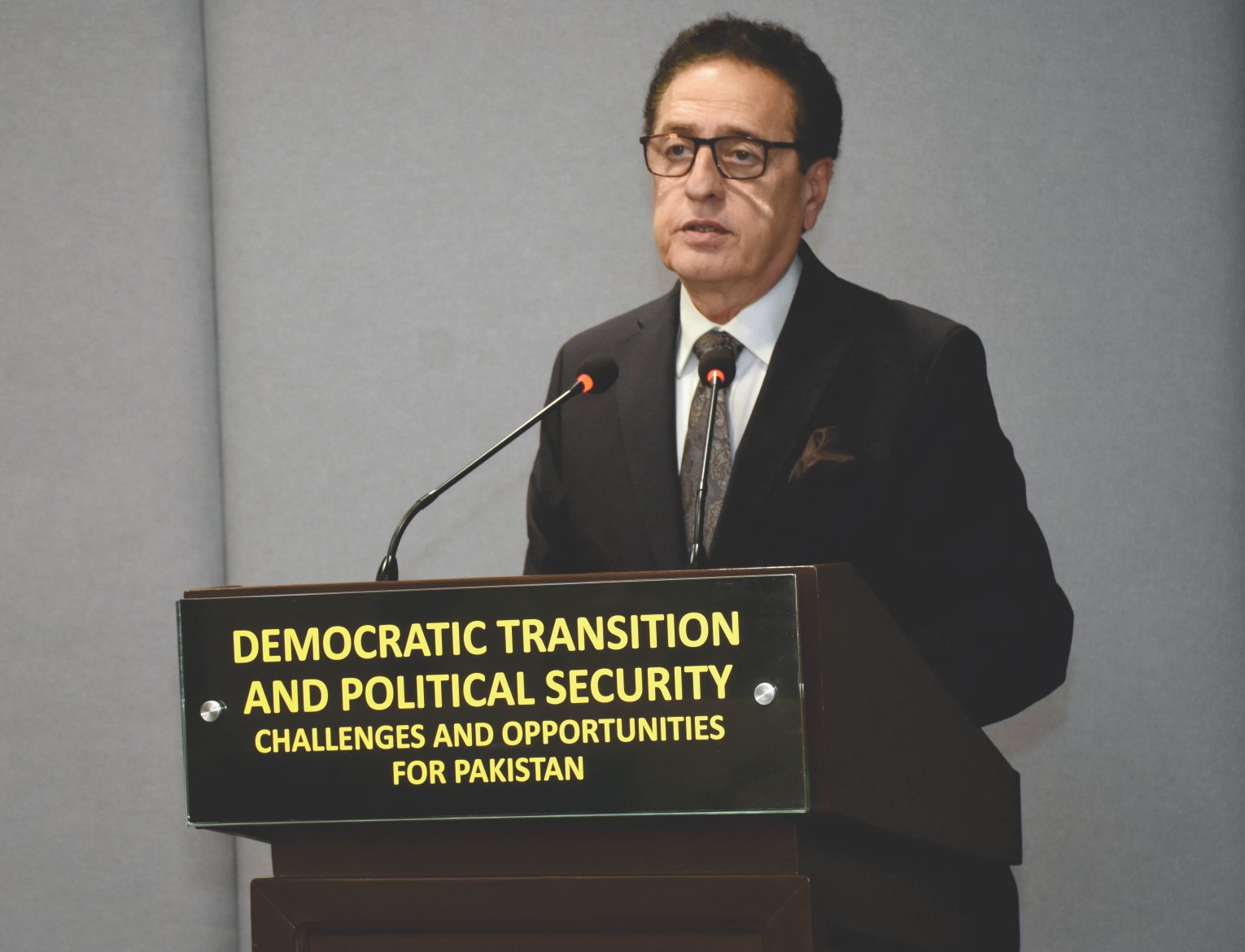
Air Marshal Asim Suleiman (Retd)
President CASS, Lahore
Master of the Ceremony
Researcher
Warisha Rashid
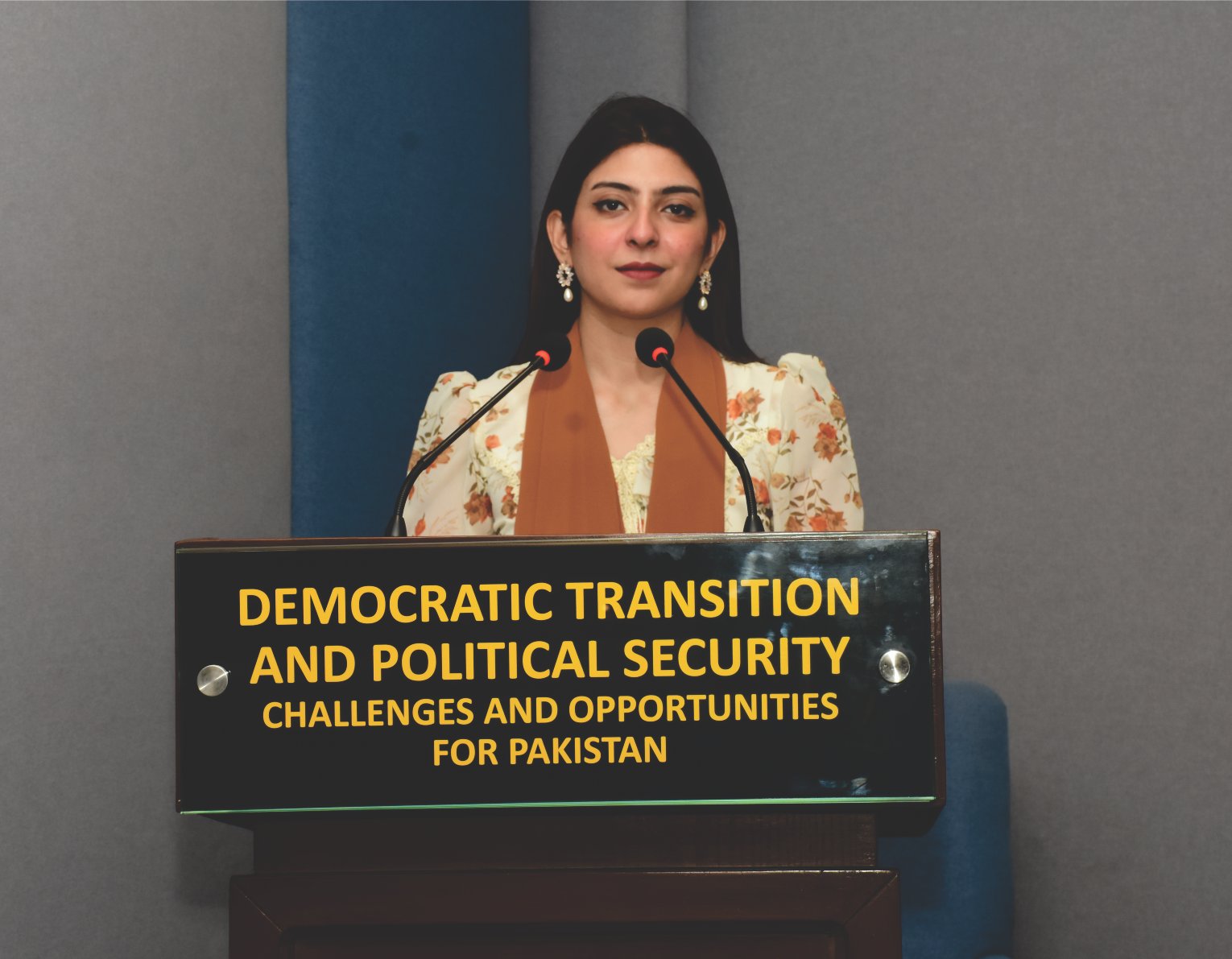
CASS LAhore

The Centre for Aerospace & Security Studies (CASS) was established in July 2021 to inform policymakers and the public about issues related to aerospace and security from an independent, non-partisan and future-centric analytical lens.


